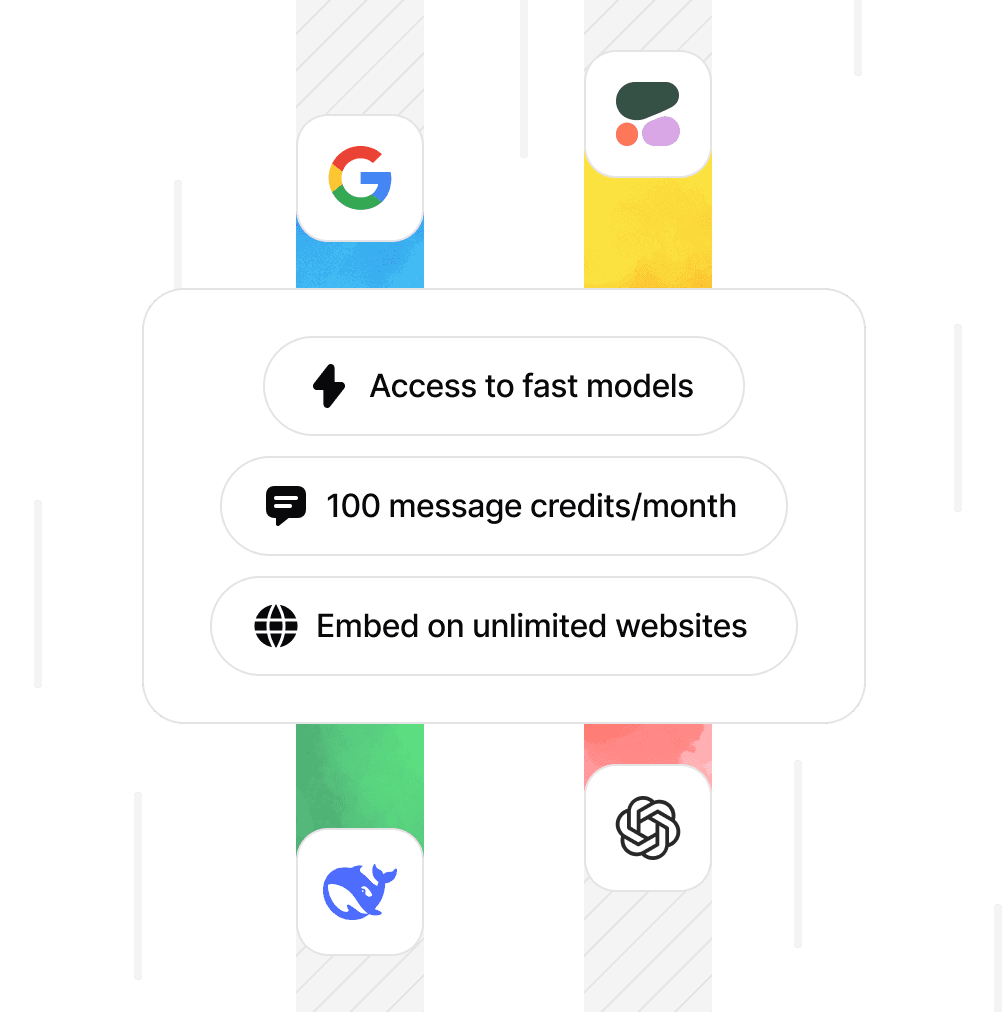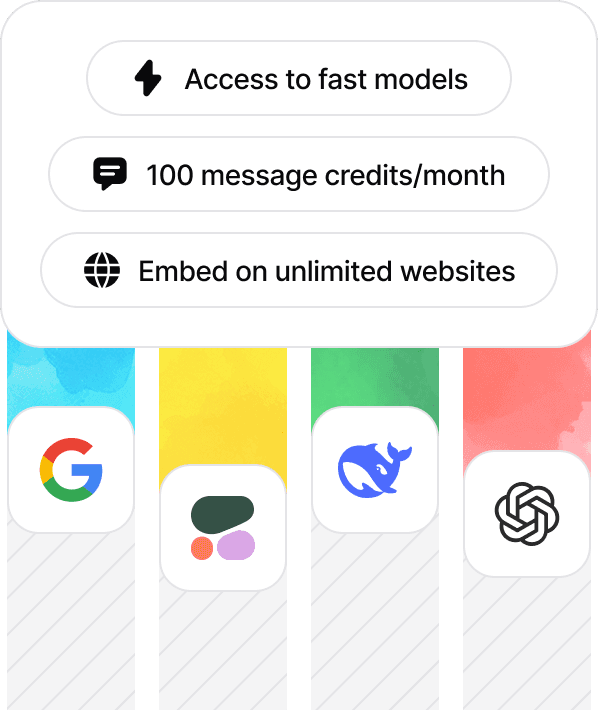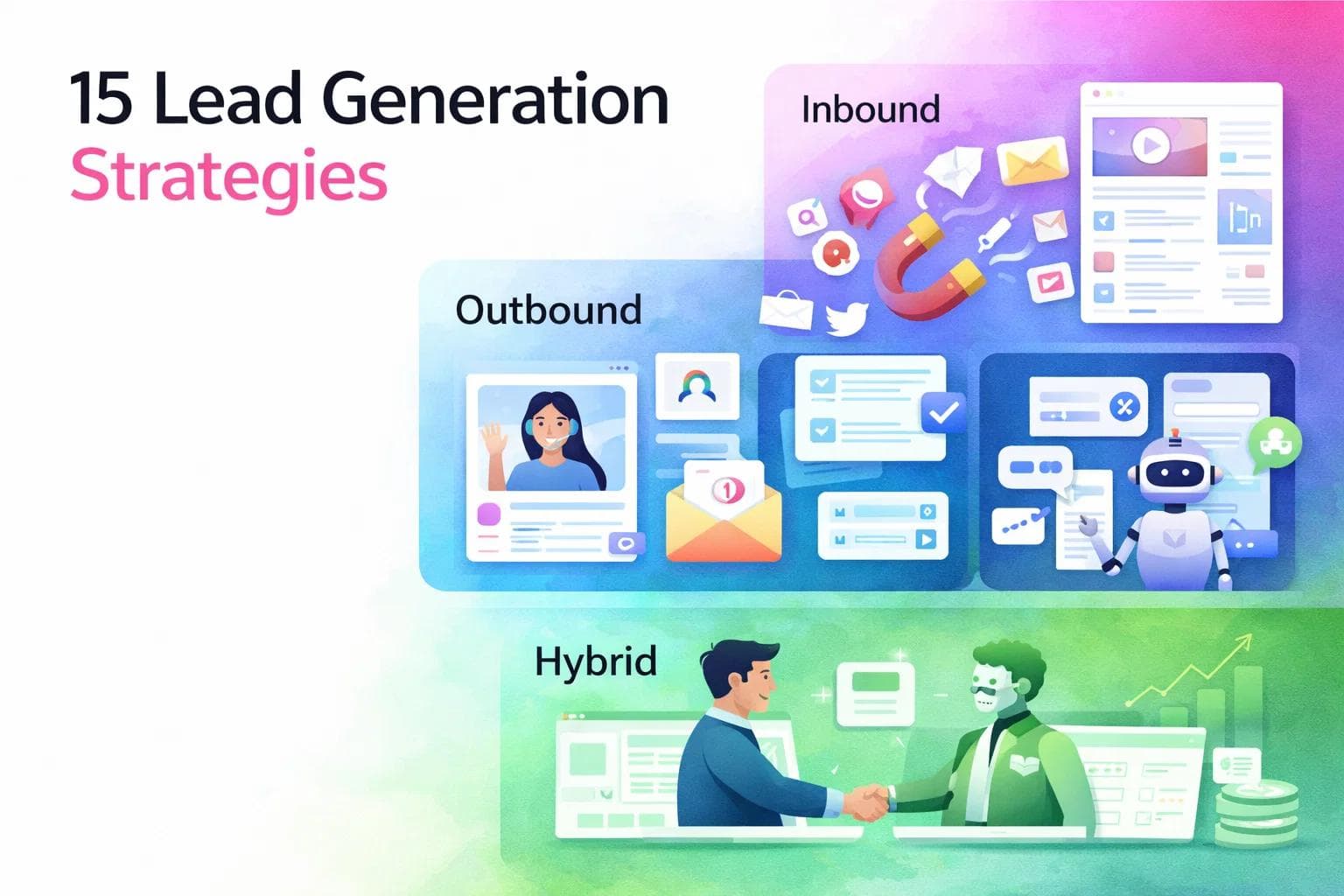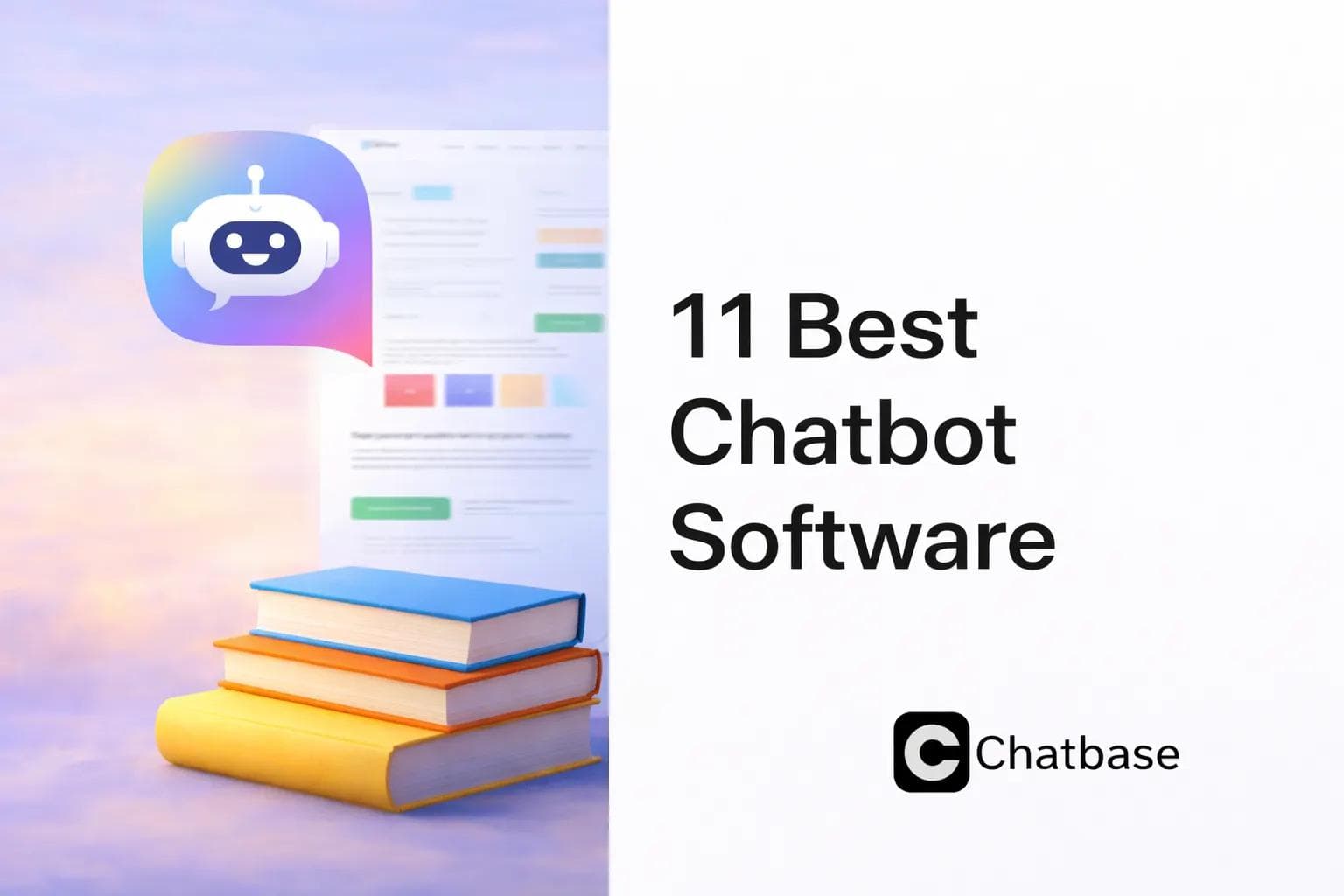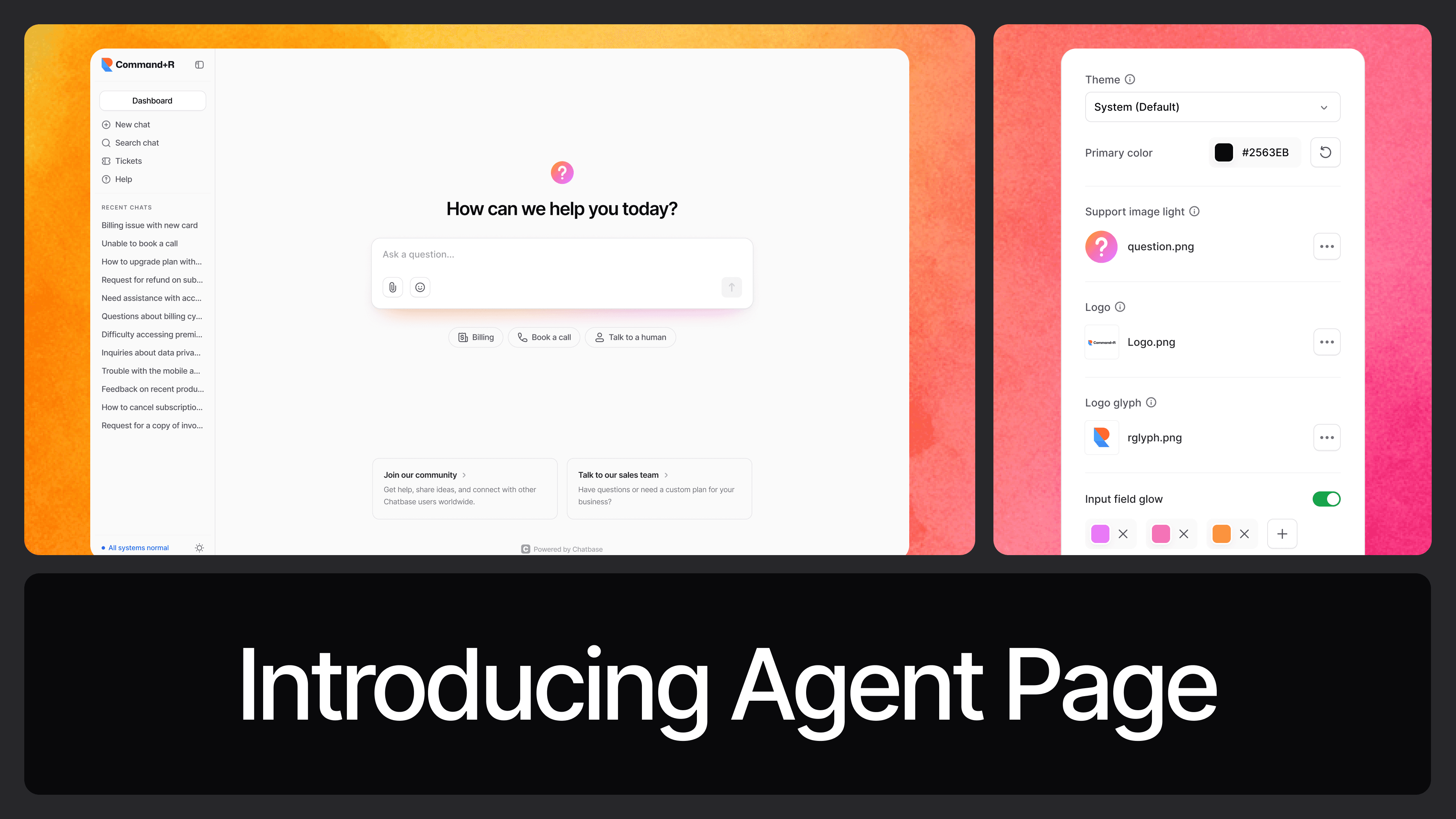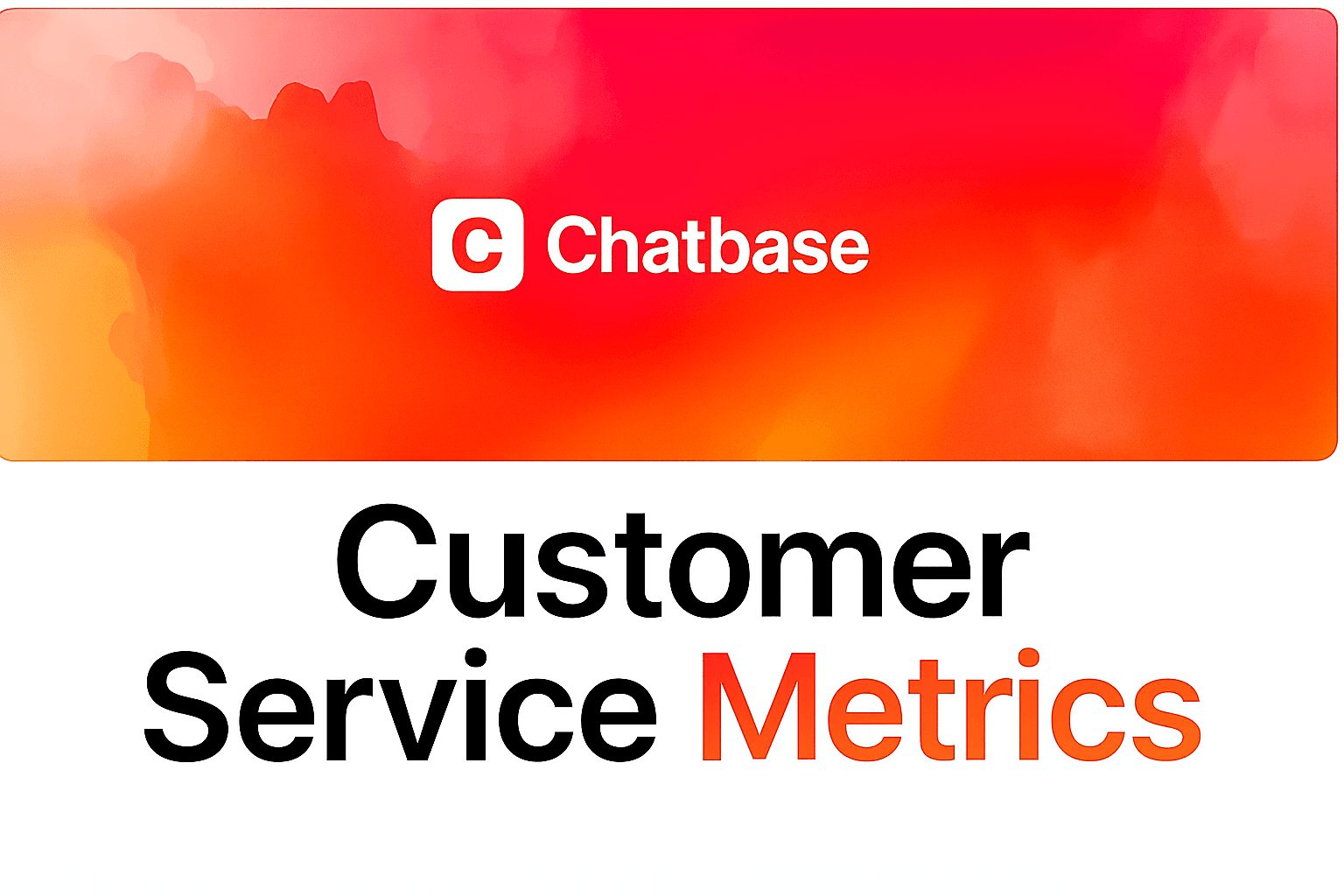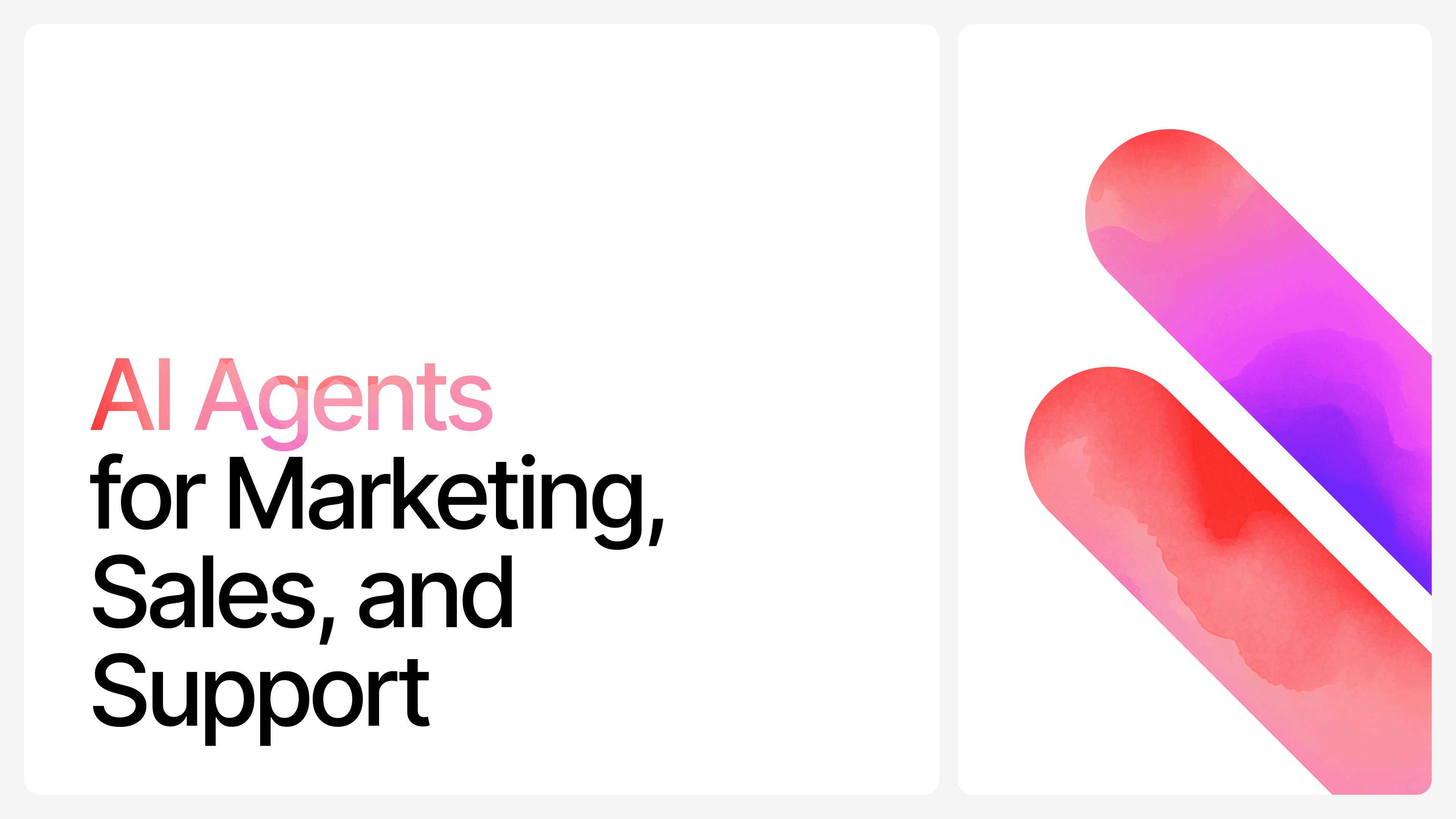Is ChatGPT Accurate? Latest Data & Reliability Tests (2026)
Ilias Ism
Aug 28, 2025
15 min read
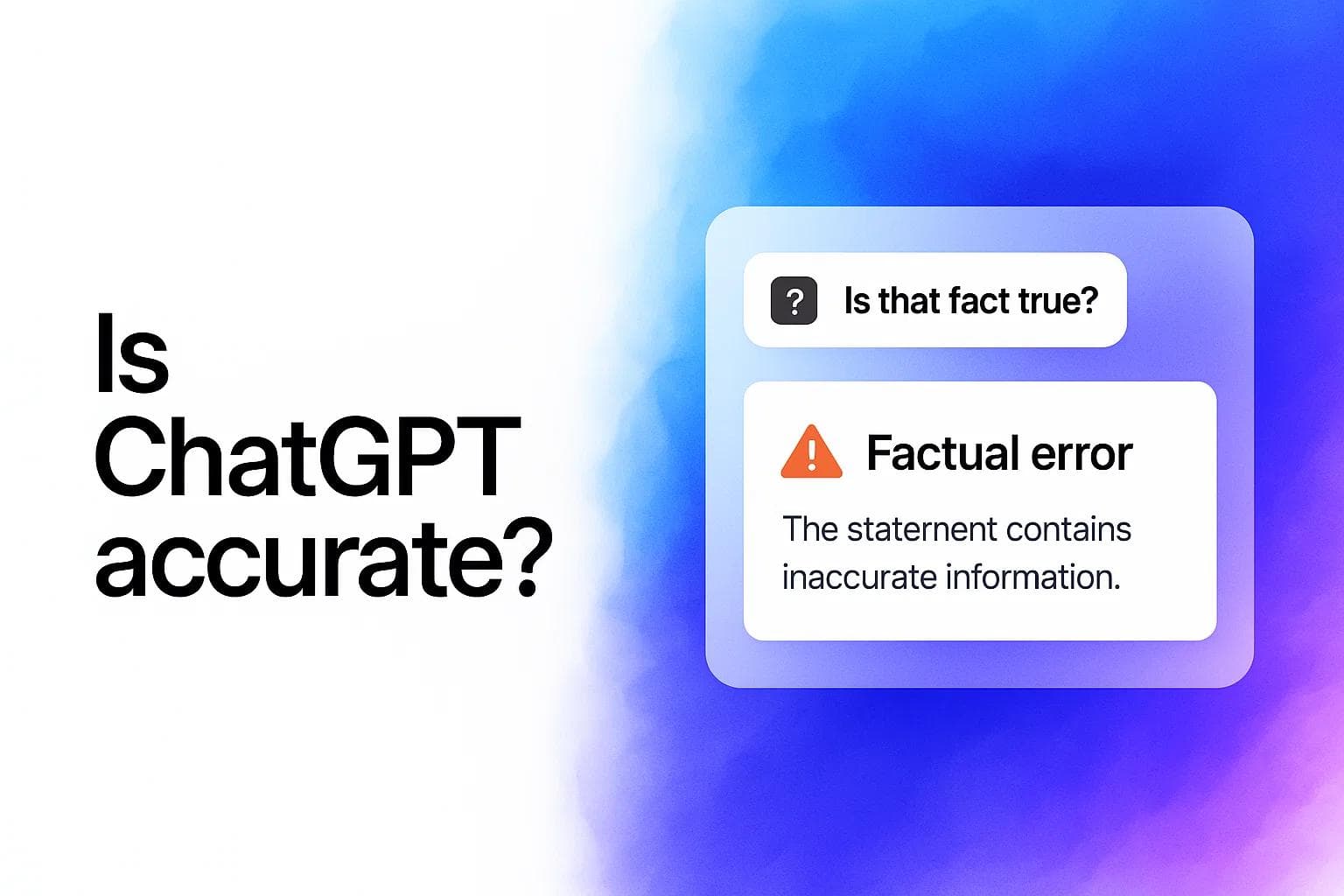
Summary by Chatbase AI
ChatGPT (GPT-5) is strong but often overconfident & still hallucinates (4.8% even with thinking mode). Accuracy depends on task, recency & sources. VERIFY CRITICAL INFO! Use RAG for best results.
Every day, millions of people ask ChatGPT for answers. But how many of those answers are actually right?
With the new GPT-5 update, OpenAI says ChatGPT now makes far fewer mistakes, about 45% fewer factual errors and 6 times fewer made-up answers.
So, the big question is: How accurate is ChatGPT with GPT-5, and can you really trust it for important stuff?
This article looks at real data, expert tests, and what actually works.
Bottom line: GPT-5 is a big step forward, but there are still things you need to watch out for, especially if you use AI for work, research, or big decisions.
TL;DR: GPT-5 is better, but there are still ways to get better answers.
How Accurate is ChatGPT (GPT-5)?
Recent tests show that GPT-5 is the most accurate version of ChatGPT so far. On major benchmarks:
![[object Object]](/_next/image?url=https%3A%2F%2Fcdn.sanity.io%2Fimages%2Fi6kpkyc7%2Fprod-dataset%2F0906f2c4eb68b725920477a86a499c8d9b681ee4-1120x940.png&w=3840&q=75)
Math: GPT-5 scores 94.6% on the AIME 2025 test.
![[object Object]](/_next/image?url=https%3A%2F%2Fcdn.sanity.io%2Fimages%2Fi6kpkyc7%2Fprod-dataset%2F1693e490b4266c6b70b6511dc16d2e296b0b205b-632x876.png&w=3840&q=75)
Coding: It solves 74.9% of real-world coding tasks (SWE-bench Verified).
![[object Object]](/_next/image?url=https%3A%2F%2Fcdn.sanity.io%2Fimages%2Fi6kpkyc7%2Fprod-dataset%2F2eaf6a38b615a480de8a6eb8304160a8990c8d48-1248x768.png&w=3840&q=75)
General knowledge: GPT-5 makes about 45% fewer factual mistakes than the previous model (GPT-4o).
![[object Object]](/_next/image?url=https%3A%2F%2Fcdn.sanity.io%2Fimages%2Fi6kpkyc7%2Fprod-dataset%2F2eaf6a38b615a480de8a6eb8304160a8990c8d48-1248x768.png&w=3840&q=75)
Hallucinations: GPT-5 gives made-up answers about six times less often than older models, especially for important queries like health.
Overall, GPT-5 is much more accurate for answering questions, solving problems, and following instructions than any earlier version of ChatGPT.
How Accurate is GPT-5 on MMLU Pro?
![[object Object]](/_next/image?url=https%3A%2F%2Fcdn.sanity.io%2Fimages%2Fi6kpkyc7%2Fprod-dataset%2F2528b19da889abc25ad43a43317e6c65bf4144b8-1276x1372.jpg&w=3840&q=75)
On the latest MMLU Benchmark, GPT-5 scored 87.0% accuracy, ranking third out of 48 top AI models. Only Claude Opus 4.1 (Nonthinking and Thinking) scored higher, but GPT-5 is much more affordable to use.
What is MMLU Pro? MMLU Pro is a tough academic test with over 15,908 questions from subjects like science, math, and history. It checks if AI models can solve hard problems and show real expertise.
Key takeaway: GPT-5 is one of the most accurate AI models available, beating almost every competitor on this major benchmark, and does so at a much lower cost than the top two models.
LM Arena
![[object Object]](/_next/image?url=https%3A%2F%2Fcdn.sanity.io%2Fimages%2Fi6kpkyc7%2Fprod-dataset%2Fe9d9986abed724ebf4a2e2bcb7e01e7e2d4afebf-2462x1566.jpg&w=3840&q=75)
LM Arena is a live leaderboard where real users compare AI models head-to-head on tasks like writing, coding, and reasoning.
As of August 2025:
- GPT-5 (high) is at the very top for both text and web development tasks, with scores of 1455 (text) and 1481 (webdev).
- It’s tied or just behind Gemini 2.5 Pro and Claude Opus 4.1 in some categories, but consistently ranks among the best overall.
- GPT-5 also ranks in the top 3 for coding, math, creative writing, and instruction following, showing strong all-around performance.
Key takeaway: GPT-5 is one of the highest-rated AI models by real users, not just on academic tests but in practical, everyday use.
Source: LMArena Leaderboard, August 2025
Real-World Accuracy
![[object Object]](/_next/image?url=https%3A%2F%2Fcdn.sanity.io%2Fimages%2Fi6kpkyc7%2Fprod-dataset%2F8fd30f6059d36e84237c3e0f455a69d2966fe330-3010x1280.jpg&w=3840&q=75)
Benchmarks are useful, but what really matters is how ChatGPT performs in everyday situations. Here’s what affects its accuracy in the real world:
- Topic: GPT-5 is very accurate on common topics and general knowledge. For rare or highly specialized subjects, it can still make mistakes.
- Question Type: Simple, direct questions get the best answers. Complicated, open-ended, or tricky questions are still harder for any AI.
- How You Ask: Clear, specific prompts lead to better results. If you give more context or details, GPT-5 is more likely to get it right.
- Language: GPT-5 works best in English. It’s good in other major languages, but accuracy drops for less common ones.
- Model Improvements: GPT-5 is much more reliable than any earlier version. It makes fewer factual errors, hallucinates less, and is better at saying “I don’t know” when it’s unsure. It’s now the default for all ChatGPT users.
What’s new with GPT-5?
![[object Object]](/_next/image?url=https%3A%2F%2Fcdn.sanity.io%2Fimages%2Fi6kpkyc7%2Fprod-dataset%2Fd2dc003fedf576fa817908b9a66eb214c71e8204-1534x1392.jpg&w=3840&q=75)
- GPT-5 Thinking: For tough or complex questions, ChatGPT can automatically switch to “GPT-5 Thinking” mode. This lets it take more time and use deeper reasoning and web searches, so you get more accurate, thoughtful answers, especially for multi-step problems or when you ask it to “think hard.”
- GPT-5 Pro: If you need the absolute best accuracy (for example, in coding, science, or health), GPT-5 Pro is available for Pro subscribers. It uses even more advanced reasoning and is preferred by experts for the hardest questions.
Bottom line: GPT-5 is the most accurate and trustworthy version of ChatGPT so far.
For everyday questions, it’s fast and reliable.
For complex or high-stakes tasks, “Thinking” and “Pro” modes give you even better results, but it’s still smart to double-check important answers.
Does ChatGPT Still Hallucinate with GPT-5?
![[object Object]](/_next/image?url=https%3A%2F%2Fcdn.sanity.io%2Fimages%2Fi6kpkyc7%2Fprod-dataset%2F608b196dcb453f694c1219ea39ff738518691c0e-1536x1024.webp&w=3840&q=75)
One of the biggest questions about ChatGPT is: Does it still “hallucinate”, make up facts or give confident but wrong answers?
While GPT-5 is much better than older models, hallucinations can still happen. For example, earlier studies showed GPT-3.5 made up fake references almost 40% of the time, and GPT-4 reduced that to about 29%. GPT-5 cuts this down even further, but it’s not perfect.
Another thing to watch for: ChatGPT doesn’t always say when it’s unsure. Sometimes, it gives a confident answer even if it doesn’t really know.
Bottom line: GPT-5 is less likely to make things up, but you should still double-check important information, especially if it sounds too good to be true.
Do You Still Need to Double-Check ChatGPT's Answers?
![[object Object]](/_next/image?url=https%3A%2F%2Fcdn.sanity.io%2Fimages%2Fi6kpkyc7%2Fprod-dataset%2Fa83213eca9a54a836397eaeb6477dcdec4f7727b-1536x1024.webp&w=3840&q=75)
Yes, no matter how good GPT-5 is, human oversight is still important.
- ChatGPT is a powerful tool, but it’s not perfect or all-knowing. You should always double-check its answers, especially for important or sensitive topics.
- For example, doctors found that ChatGPT can give decent general info about medical topics, but it often misses details or isn’t as reliable as trusted medical sites like AAOS OrthoInfo.
- In tests, ChatGPT could sometimes pass medical exams, but it struggled with complex cases that need real expert judgment.
Bottom line: Use ChatGPT to help you learn or brainstorm, but always verify its answers, especially if you’re making big decisions or need expert-level advice.
How Can You Get More Accurate Answers from ChatGPT?
OpenAI keeps making ChatGPT smarter, but you can also do a few simple things to get better, more reliable answers:
Web-Based Searches (Grounding)
![[object Object]](/_next/image?url=https%3A%2F%2Fcdn.sanity.io%2Fimages%2Fi6kpkyc7%2Fprod-dataset%2Fad22f52409f22f42000b99e8fedc3b25c82df526-1720x718.jpg&w=3840&q=75)
ChatGPT can now perform web searches to ground their responses in real-time information.
![[object Object]](/_next/image?url=https%3A%2F%2Fcdn.sanity.io%2Fimages%2Fi6kpkyc7%2Fprod-dataset%2F7365480973a6a5178e483a7d68ab3bfbf44d7abb-1578x768.jpg&w=3840&q=75)
This helps reduce hallucinations and improve accuracy, especially for current events or topics outside the model's training data cutoff.
Users can retry a question with web-based search enabled.
Or simply use GPT-5 Thinking to do multiple web searches in one response.
Context and Sources in Input
![[object Object]](/_next/image?url=https%3A%2F%2Fcdn.sanity.io%2Fimages%2Fi6kpkyc7%2Fprod-dataset%2F7d7b4fdf36f7785dec826f47a77be802fdd70dea-1748x1174.jpg&w=3840&q=75)
Providing more context in your prompt can significantly improve accuracy. Instead of a vague question, include relevant details, background information, and specific constraints.
Feeding ChatGPT relevant documents or text snippets allows it to draw on that specific information when generating a response.
You can connect ChatGPT to Google Drive or Microsoft Onedrive or upload and share PDFs file from your computer.
Or simply by pasting text directly into the chat.
Retrieval-Augmented Generation (RAG)
![[object Object]](/_next/image?url=https%3A%2F%2Fcdn.sanity.io%2Fimages%2Fi6kpkyc7%2Fprod-dataset%2F09720a0bbb7eeb0d885e080794bc0edd79fe11d9-1536x1024.webp&w=3840&q=75)
RAG is a technique that allows LLMs to retrieve information from external knowledge sources (e.g., databases, documents, APIs) during response generation.
This enhances accuracy by grounding the response in verified information.
RAG is particularly useful for specialized domains where the model's general knowledge might be insufficient.
ChatGPT's Knowledge Cutoff
ChatGPT, in its base form, has a knowledge cutoff date.
For example, GPT-4's training data ended in September 2021 (better for newer versions up to 2024 or 2025). This means:
- It lacks awareness of events, discoveries, or information that emerged after that date.
- Its knowledge can become stale, especially in rapidly evolving fields.
- Longer conversations can lead to more inaccuracies or hallucinations as the model struggles to maintain context.
- Solutions to Mitigate Staleness:
- Web-enabled models: As mentioned, GPT-4o and similar models can access the internet, mitigating the knowledge cutoff issue to some extent.
- RAG: By connecting ChatGPT to up-to-date knowledge sources, RAG can ensure that the model has access to current information.
- Providing context: Users can manually update ChatGPT by providing recent information in the prompt or conversation.
Make Your Own AI Chatbot with Chatbase
![[object Object]](/_next/image?url=https%3A%2F%2Fcdn.sanity.io%2Fimages%2Fi6kpkyc7%2Fprod-dataset%2F9c59e661aa702039c2a268ab1b243df581877f0b-2776x1346.png&w=3840&q=75)
Want more control and accuracy than a general-purpose AI?
With Chatbase, you can build your own custom AI chatbot, trained on your data, tailored to your brand, and ready to answer your customers’ real questions.
- Full control: Decide exactly what your chatbot knows and how it responds.
- Better answers: Connect your own knowledge base, docs, or website for more accurate, on-brand replies.
- Business-ready: Keep your data secure and your users happy with a chatbot that actually understands your business.
- Advanced features: Use Retrieval-Augmented Generation (RAG) and other tools to pull in the most relevant, up-to-date info.
If you want an AI that’s truly yours, not just another generic chatbot, Chatbase makes it easy.
Conclusion
GPT-5 is a huge step forward for ChatGPT—more accurate, honest, and reliable than ever. But it’s still not perfect.
How to get the best results:
- Double-check important info—don’t rely on AI alone for big decisions.
- Ask clear, specific questions and give context when you can.
- Use GPT-5 Pro or “Thinking” mode for tough or high-stakes tasks.
- Take advantage of web search and RAG for up-to-date answers.
- Need even more control or accuracy? Try specialized AI platforms like Chatbase for business and custom chatbot solutions.
Bottom line: GPT-5 sets a new standard for AI accuracy, but smart users still use their own judgment and verify what matters.
Share this article:
